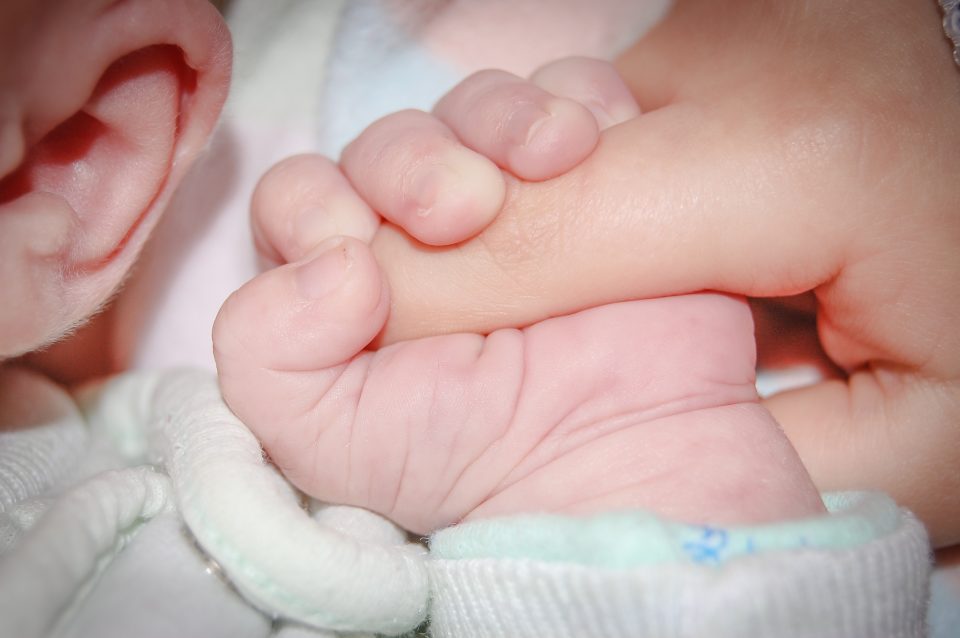I was pressured to give up my child. Can I sue?

There was a time in Australia, not that long ago, when young, single mums were placed under immense pressure to give up their babies for adoption.
In fact, right up until the 1980s, it was commonplace, even expected that young, unmarried mums would give up their children. While there was no law requiring this, the Families and Communities Department was notified of any birth out of wedlock and, where the Department thought it appropriate, mothers were pressured to give up their babies. Although mums did have to sign a consent form authorising the adoption, hospitals and the Department operated on the presumption babies would be handed over. Where a baby was to be adopted, hospital policy was to allow the mother as little bonding time with the baby as possible to ensure consent was not refused. Babies could be effectively taken straight from the mother’s womb to the crib, and the mother might never see the baby again.
Due to the prevalence of adoption prior to 1980, adoption agencies – as they were called in those days – were busy organisations. Some of these agencies were run by churches, particularly the Catholic Church and what is now called the Uniting Church. Some hospitals were also run by church entities.
In recognition of the harm done to young mums by the adoption policy prior to 1980, both the Catholic and Uniting Church have introduced compensation schemes for mothers who have suffered psychiatric injury arising from the adoption or process surrounding the adoption. They can seek financial compensation as well as an apology from the Church.
The main complaint among young single mums from that time centres on the quality of consent they gave for adoption. These mothers single out the Department, saying they were labelled unsuitable to raise their children, then pressured to hand their babies over. I, myself, have seen a circumstance where a mother signed a consent form for adoption, but then later withdrew that consent and was then pressured into re-signing the consent form at a later stage.
However, even where a mother provides consent, compensation may still be possible where psychiatric injury arises out of circumstances related to the adoption. One such example is where the mother agreed to the adoption, but was not allowed to spend time with her baby between birth and adoption. Compensation is possible where a mother can prove she suffered psychiatric injury as a result of never seeing the child. Another sad circumstance I have come across is where a mother consents but then for various reasons, sometimes illness or other circumstances, the baby is given up, the adoption never takes place, the child is institutionalised, the mother is not informed and the child either dies or grows up before the mother later finds out about what really happened and is grief stricken as a result.
Hence, if as a young single mum, you had your child adopted, but are now suffering psychiatric injury as a result, I recommend you seek legal advice. Depending on the circumstances and whether or not a Church institution was involved, you may be able to seek compensation.
Get in touch with our team of experienced and empathetic lawyers here today.